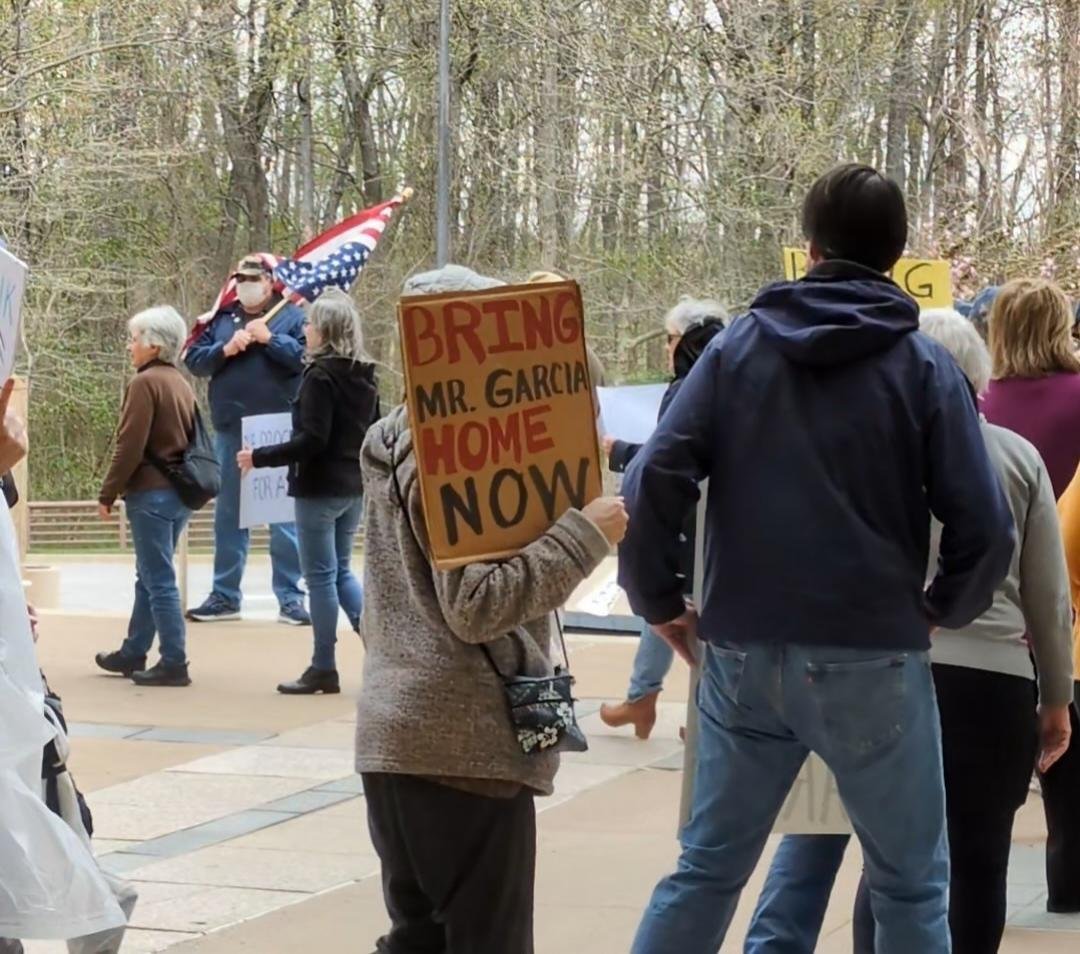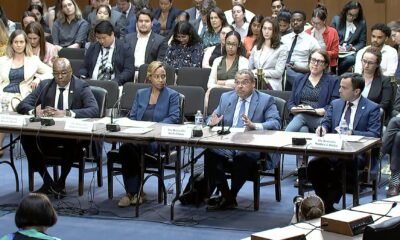border
After Promising to Return Wrongly Deported Man, Trump Administration Declares Courts Lack Authority

A Maryland federal court is currently facing a significant legal challenge involving the deportation of Kilmar Abrego Garcia. The Trump administration contends that the court lacks jurisdiction to order his return because he is imprisoned in El Salvador. This assertion comes despite an explicit directive from the U.S. Supreme Court requiring officials to facilitate his re-entry into the United States.
In a recent development, the presiding judge, Paula Xinis, rejected the Department of Justice’s request for an additional 30 days to submit required legal documents. Abrego Garcia has been incarcerated since March, drawing attention to the complexities surrounding his case.
According to DOJ lawyers, the court cannot act on the matter because Abrego Garcia is not within U.S. custody. They argued in their brief filed in U.S. District Court for the District of Maryland that “this Court lacks jurisdiction because Abrego Garcia is not in United States custody, his injury is not redressable by this Court.” This claim mirrors arguments previously presented by DOJ attorneys in the District of Columbia regarding hundreds of men deported to El Salvador.
As part of a controversial arrangement, the U.S. is reportedly paying the Salvadoran government up to $15 million to house these detainees in the notorious CECOT prison. Abrego Garcia was among nearly 300 individuals deported to this facility, yet his situation differs as he was not removed under the historical Alien Enemies Act of 1798. The Trump administration has recognized that his deportation was an “administrative error,” given his protections from deportation based on credible fears of violence if returned to El Salvador.
Judge Xinis expressed skepticism about the DOJ’s request for more time, stating that the urgency was unconvincing. Citing previous hearings, she noted that the administration had not previously indicated a need for additional time to comply with court orders.
The DOJ maintains that although the Supreme Court mandated efforts to facilitate his return, it did not address jurisdictional questions that the lower court must resolve. Their brief argued, “Those decisions do not ‘squarely address’ these jurisdictional issues and therefore are not binding.” Furthermore, they assert that Abrego Garcia’s family must pursue a habeas corpus claim in this context, which can be a complex legal challenge.
In a show of support, Maryland Democratic lawmakers, including Sen. Chris Van Hollen and Rep. Glenn Ivey, visited El Salvador to advocate for Abrego Garcia’s return. Van Hollen reported that Abrego Garcia had been moved to a lower-security prison. However, Ivey encountered obstacles when Salvadoran officials denied him access to Abrego Garcia, further complicating an already fraught situation.
Upon returning, Ivey warned that the ongoing legal issues surrounding Abrego Garcia could lead to a “constitutional crisis” if the Trump administration continues to disregard court orders. A DOJ attorney reiterated the administration’s position, declaring that Abrego Garcia would not return to the U.S., intensifying the debate over executive compliance with judicial rulings.


















